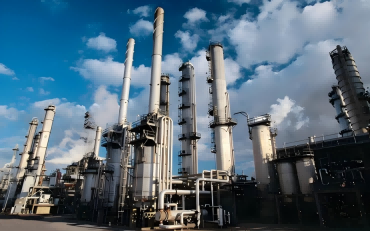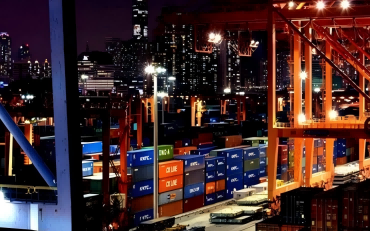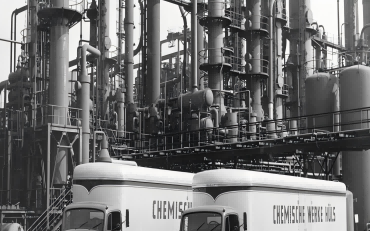Crude markets face substantial 2025 surplus as China demand falters – IEA
Global crude supply growth is likely to outstrip demand by over a million barrels/day in 2025, the International Energy Agency (IEA) said on Thursday, with the “marked” slowdown in China consumption the main drag on consumption this year.
Oil demand is expected to tick up modestly year on year in 2025 to just under a million barrels/day, as compared with current expectations of 920,000 barrels/day this year.
A substantial headwind for stronger market consumption is China, where demand contracted for the sixth consecutive month in September, bringing third-quarter averages 270,000 barrels/day below the same period in 2023.
The IEA projects global supply growth of 1.5 million barrels/day from non-OPEC+ countries next year, driven by the US, Canada, Guyana and Argentina. Brazil is also expected to return as a force in the market after a year of unplanned outages and operational underperformance in 2024, the IEA added.
The OPEC+ bloc of countries has long planned to relax production cuts, but the start of this process has been postponed once more, with producers now pledging to begin unwinding voluntary reductions from January.
OPEC+ players currently have around 6.19 million barrels/day of spare capacity, according to the agency, excluding Russia, with more than half of those potential volumes from Saudi oilfields.
After a period of substantial volatility driven by fears of an escalation of hostilities between Israel and Iran, crude values have subsided from upwards of $80/barrel to the low $70s.
Focus has shifted instead to China demand, expectations for Libya to resume production and the timeline for OPEC+ to start easing production cuts.
“China’s marked slowdown has been the main drag on demand, with its growth this year expected to average just a tenth of the 1.4 million barrels/day increase in 2023,” the agency said.
The prospect of a million barrel/day surplus does not take into account any move in OPEC+ production levels, the IEA said.
“With supply risks omnipresent, a looser balance would provide some much-needed stability to a market upended by the Covid pandemic, Russia’s full-scale invasion of Ukraine and, most recently, heightened unrest in the Middle East,” the agency added.


